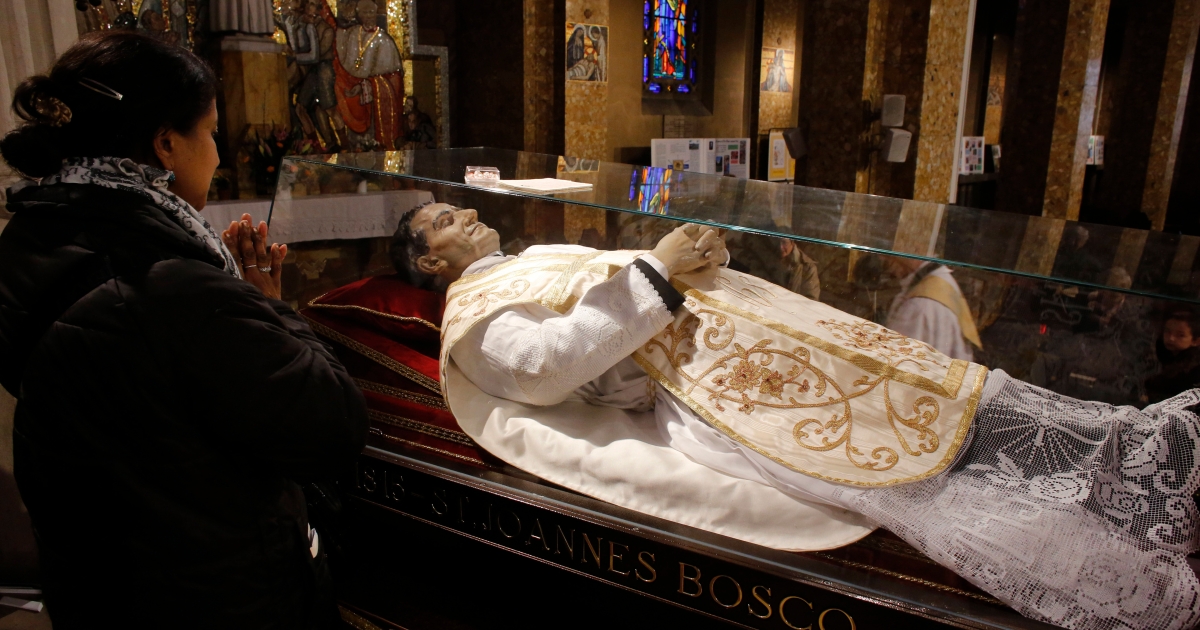What a beautiful soul St John Bosco was!
It was while I was serving as a high school chaplain that I came across St John Bosco’s philosophy of child discipline.
He would advise his brothers that the boys in their orphanages should be treated with gentleness and kindness because, he observed, God had planted in the children the desire to please their father figures. This was a natural desire to do good and be good, and therefore the brothers should recognize and encourage this natural desire for goodness through joy, encouragement and gentleness–always avoiding harsh discipline and anything that would quench the child’s natural longing for goodness and love. In this sense he echoes St Benedict who prescribes that in the monastery there should be “nothing harsh, nothing burdensome.”
This was refreshing for me as a person and encouraging for me as a pastor. It was especially refreshing for me because one of the theological assumptions in the Protestant world in which I was raised was the Calvinistic doctrine of total depravity–that we are totally depraved–that original sin has ruined us to such an extent that we cannot even desire the good, the beautiful and the true, and that God’s forgiveness cannot re-make us. Instead it simply covers over our unremitting depravity.
This harsh doctrine is an attempt to glorify God and exalt his almighty Divine Providence, but in doing so it echoes the harsher beliefs in Islam. It also denigrates rather than dignifies man.
John Bosco’s tender pastoral advice reminds us that we are created in God’s image and that our natural desire for the beautiful, good and true is the indelible mark of God’s good creation within us. He creates us and said, “That’s good!”
This goodness is wounded by original sin, but not obliterated and we only turn ugly when that original goodness and natural enthusiasm for the good is wounded by others who are harsh, abusive or overly demanding and strict. One of the ways this abuse takes place is through the assumption that the child is “totally depraved” and therefore he or she is going to be bad, is going to be rebellious, is going to be wicked and that, therefore, they need to be harshly disciplined from the get go.
Instead of this St John Bosco (and St Benedict before him) encourages a gentle, loving approach–using the child’s natural desire to please–the natural desire for goodness and happiness to lead him or her to the joy of an abundant life. Along with this advice is the common sense advice that the parent or teacher take time to explain why there are certain rules and expectations rather than simply laying down the law.
I found at a parent the most wonderful surprise. In teaching my children right and wrong–even at a very early age they were smart and logical. If I took the time to explain why I expected certain behaviors and why they made sense the child most often responded positively.
Of course there are some children (and parishioners) who are more recalcitrant than others, but even they are usually won over by St John Bosco’s mixture of common sense, love and goodwill.







Leave A Comment
You must be logged in to post a comment.